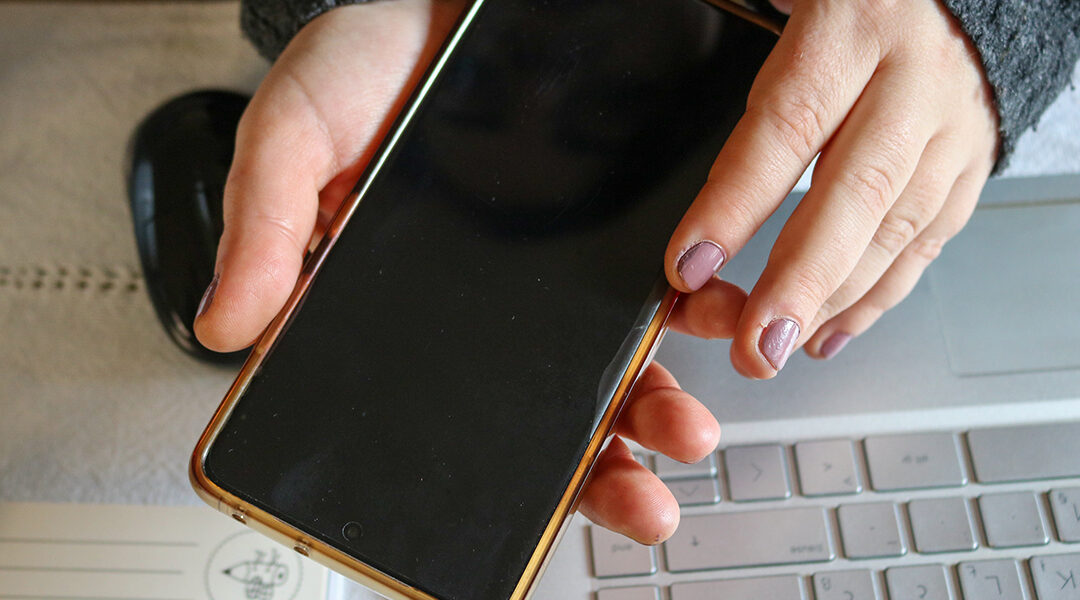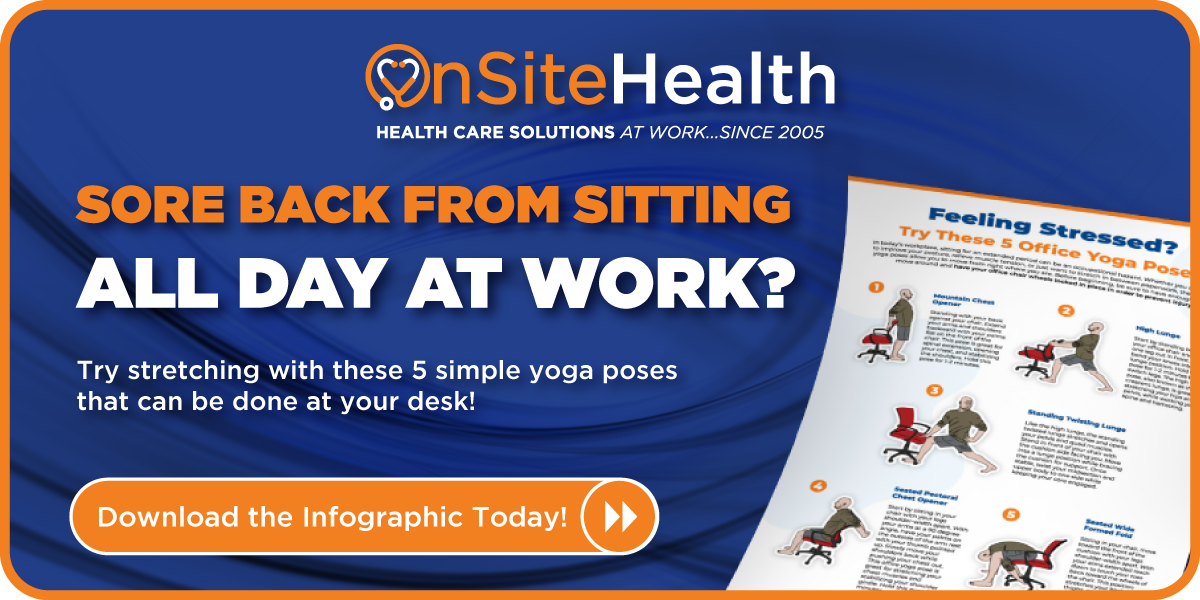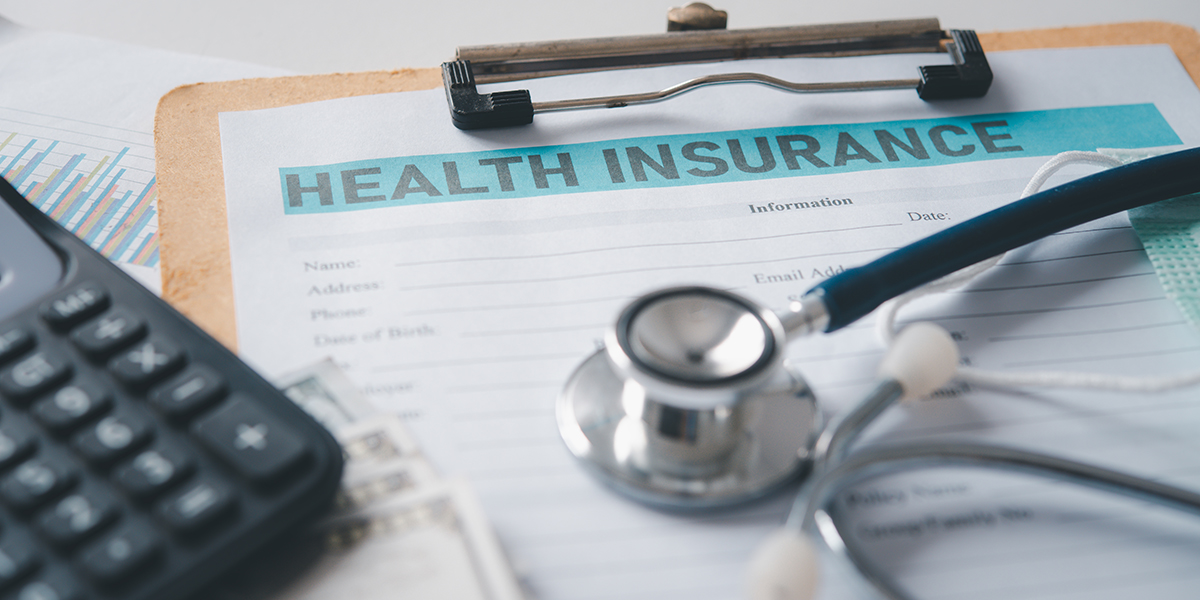What Does This Mean for Cell Phone Users?
This ruling serves as an urgent alert for both the public and regulatory bodies to rethink the existing standards governing wireless radiation exposure. There is an increasing concern about the potential dangers from cell phone radiation on human health, including damage to cellular DNA, an elevated risk of certain cancers, and impacts on cognitive and behavioral functions. Moreover, exposure has been associated with disturbances in sleep patterns. The need for updated safety regulations is clear.
Effects of Cell Phone Radiation

Cancer
The most discussed potential impact of cell phone radiation is an increased risk for certain types of cancer. The radiofrequency energy emitted by cell phones is classified by the World Health Organization as "possibly carcinogenic to humans," which has led to concerns about the risk of glioma, a malignant brain cancer.
Heart Damage
Although the evidence is less clear, there has been concern that cell phone radiation may affect heart health. Studies have explored whether there is a relationship between prolonged cell phone use and changes in heart rhythm or rate, but results have been inconclusive at this time of writing
DNA Damage
At the cellular level, prolonged exposure to radiation could potentially lead to DNA damage. DNA damage is a precursor for various health issues, including cancer and other genetic disorders.
Cognitive and Behavioral Changes
Cell phone radiation can influence brain activity and cognitive function directly. While some studies suggest minor changes in brain activity, more research is needed to determine any definitive cognitive or behavioral changes due to cell phone radiation.
Sleep Disturbances
Some research suggests that exposure to cell phone radiation might influence sleep quality or the amount of time it takes to fall asleep.
Recommended Practices for Safer Cell Phone Use
While the legal and regulatory landscape is adjusting to new findings, it’s crucial for cell phone users to adopt practices that can help mitigate health risks. Here are some recommendations for safer cell phone use:
Keep Your Phone Away from Your Body
Avoid carrying your phone directly on your body, such as in your pocket or bra. Use a bag or a holder instead to minimize radiation exposure.
Text Rather Than Call
Texting emits less radiation than voice calls and keeps the device away from your head.
Use Speakerphone or Earphones
To reduce head exposure, use the speakerphone function or earphones during calls. This distancing helps decrease the radiation absorbed by your head and brain.
Avoid Calls in Low Signal Areas
When the signal is weak, your phone works harder and emits more radiation to maintain the connection. Try to make calls when your signal is strong.
Limit Children’s Exposure
Children's skulls are thinner, and their brains are still developing, which may make them more vulnerable to radiation. Encourage children to text or use speakerphone and avoid letting them sleep with the phone under their pillow.
Keep Your Phone Away from Your Bed
At night, avoid keeping your phone next to your bed or (at least 3 feet away), if you must, put it in airplane mode, which cuts off the transceiver function.
Looking Ahead: Cell Phone Radiation
The recent court ruling not only highlights the need for regulatory bodies to update safety standards based on current scientific evidence but also acts as a reminder for consumers to adopt safer practices. While we wait for new guidelines to be developed, taking proactive steps to reduce exposure can help mitigate potential health risks.
As the conversation about cell phone radiation continues, it’s important to stay informed and adjust usage habits accordingly. Safe technology practices can contribute significantly to our overall wellbeing in this digital age.
Stay Informed of Cell Phone Radiation
For those interested in the specifics of the case and the scientific evidence considered, it’s recommended to look directly at the case details and studies cited. This ensures access to accurate and comprehensive information, enabling individuals to make well-informed decisions about their cell phone use.





